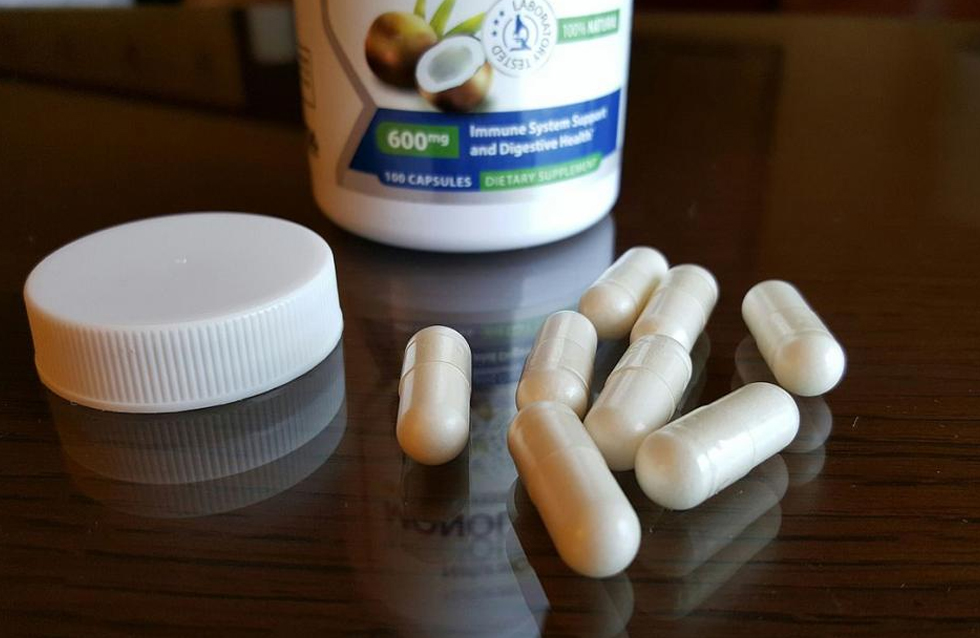
Infants carry a vast assemblage of bacteria, viruses and fungi in their guts. Combined, these microbes make up a complex ecology known as the gut microbiome, which plays a major role in health and disease throughout life. The initial source of these billions of microbes is the mother’s breast milk.
In a new study, Efrem Lim and his colleagues use next-generation sequencing to investigate the breast milk microbiome from HIV positive women in Kenya. Lim is a researcher with the Biodesign Center for Fundamental and Applied Microbiomics at Arizona State University and an assistant professor with ASU’s School of Life Sciences. The study compares breast milk samples from women who received antibiotic treatment with those receiving combined anti-retroviral therapy. The results showed that antiretroviral therapy alone causes no disruption to the normal breast milk in terms of microbiome richness, diversity or bacterial composition, while the use of antibiotics produces distinct changes in the microbiome.
The research appears in the current issue of the journal Microbiology Spectrum.
Breast milk provides developing infants with a nutritious blend of essential microbes, antibodies, and human milk oligosaccharides, (a form of carbohydrate). Nursing infants use breast milk to establish the suite of microbes that begin to develop in their gut immediately after birth. Microbes acquired from the mother’s breast milk can be detected in infant stool samples.
Disruptions in the breast milk microbiome are a serious concern, due to the potential negative effect on infant health and subsequent development. Previous studies have implicated alterations in the infant microbiome in a broad range of chronic disorders, including Crohn’s disease, diabetes mellitus and obesity. The new study suggests that babies of HIV positive mothers on combined antiretroviral therapy can enjoy the many benefits associated with breast feeding without adverse effects to their microbiome.
source: https://www.sciencedaily.com/
